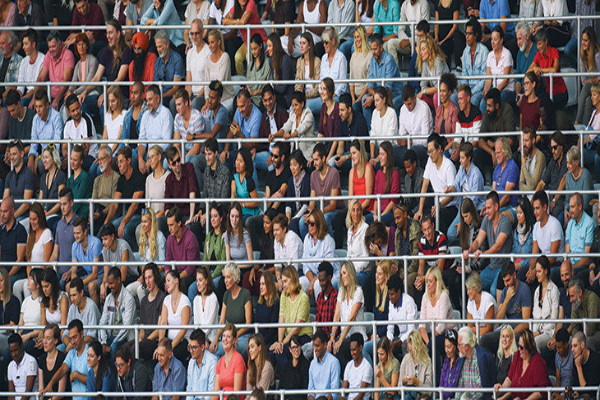
- Decision-making responsibilities once entrusted to humans are now often delegated to automated systems. This may improve efficiency, but algorithmic discrimination is on the rise, leading to global concerns about fairness, equality and justice.
- This complex area is complicated further by the diverse approaches taken by jurisdictions around the world. There is an urgent need for universally accepted definitions and frameworks.
Algorithmic discrimination has become increasingly prevalent. It is growingly common to observe cases of bias and disparity arising from algorithmic decision-making. These processes often rely on complex algorithms found in systems that impact aspects of our lives, ranging from social media algorithms to credit scoring methods, job recruitment procedures and even law enforcement practices.
The significance of understanding algorithmic discrimination is amplified in today’s digital age; decision-making responsibilities, once entrusted solely to humans, are now frequently delegated to automated systems. While algorithms offer advantages, by improving efficiency and—in some cases—objectivity, they also inherit biases from their training data or design













